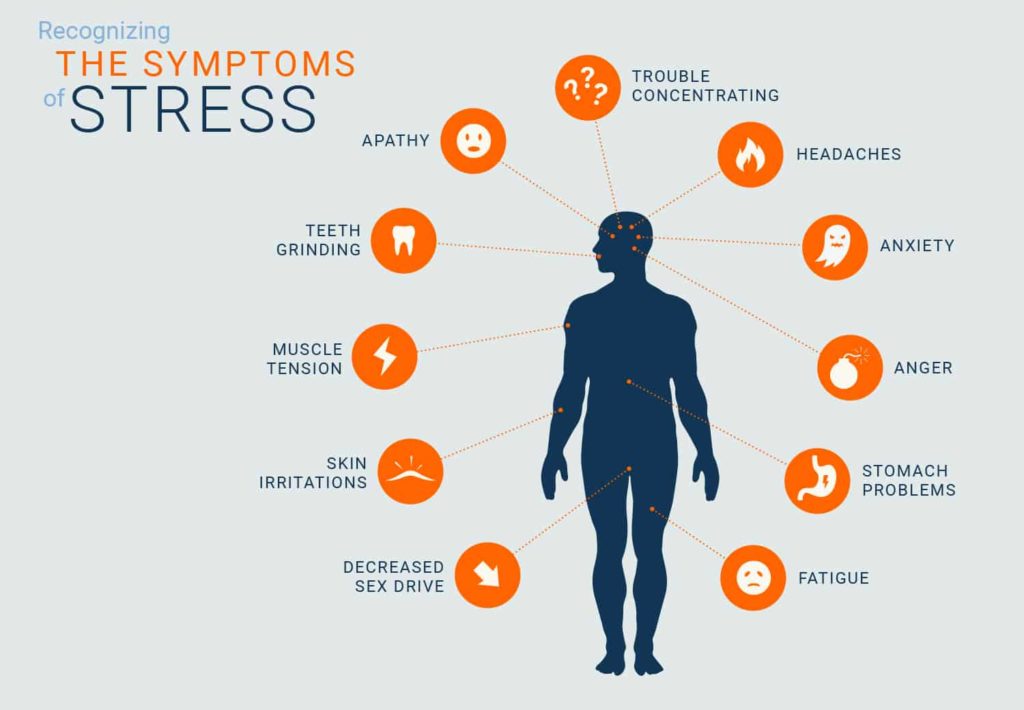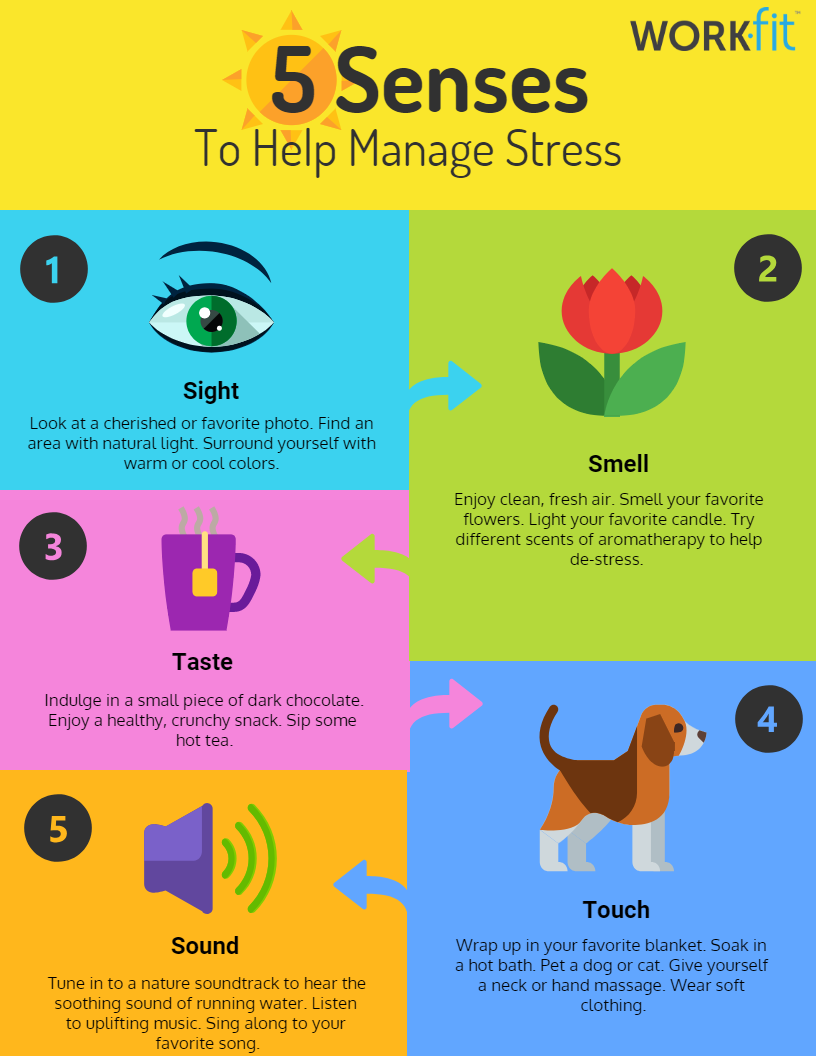Ronit Mor, NDDid you know that 80% of us struggle with stress on a regular basis? Stress is your body’s reaction to a physical, mental or emotional strain or tension. It is brought upon by physiological, psychological and environmental events that the body perceives as challenging, threatening or demanding. These events are called stressors. Untreated chronic stress can result in serious health conditions including anxiety, insomnia, muscle pain, high blood pressure and a weakened immune system. Research shows that stress can contribute to the development of major chronic conditions, such as heart disease, depression and obesity. Some studies have even suggested that unhealthy chronic stress management, such as overeating “comfort” foods, has contributed to the growing obesity epidemic The body’s response to stress is initiated and controlled by your autonomic nervous system which consists of two major operating systems:
A stress response entails the release of hormones, such as cortisol, which effect of the body in the following ways:
It is possible to manage your stress levels, here's how...
Change Your Reaction to Stressors It all comes down to how you view stressful situations. If you teach yourself to enjoy chores rather than see them as annoying, you can train your brain to perceive chore-related tasks as less stressful. Instead of thinking of stress as a demoralizer, a threat, overwhelming, or debilitating, consider it to be a challenge, an opportunity, or even energizing and inspiring. Focus on possibilities rather than on problems.Once you associate positivity with a task or event, your brain won’t see it as a stressor anymore and won't initiate a cascading“fight or flight” response. Take a Walk, Dance, Work Out Getting a workout isn't just good for the body. It releases endorphins which lead to better sleep, better outlook, and increased sense of happiness. Just 5 minutes of aerobic exercise each day can lower your stress levels. And if you just don't have time to go to the gym, play upbeat music, crank up the volume, and dance in your living room. Take a Bubble Bath Stress means that the brain and body are overstimulated. So allowing yourself downtime is important when dealing with stress. Best ways to relax are taking a bath with epsom salts and a few drops of lavender essential oil, watching a funny movie, having a massage or Reiki session, or sitting out in the yard and enjoying nature. Meditate Meditation is a powerful way to release stress and stay centered in the face of life’s inevitable upsets. According to the Chopra Center, meditation reverses the effects of your body’s "fight or flight" response. In meditation, you journey from activity to silence. You go beyond the noisy thoughts in the mind and enter a state of restful alertness. In this state, your body experiences many healing effects, including:
When you meditate on a regular basis, you are giving your body all of the benefits of deep rest, which gradually help to release the accumulated effects of chronic stress and restore your body to its natural state of balance and health. Meditate 5 minutes a day every day for the next 14 days. Then increase to 7-10 minutes a day. Best to do this first thing when you wake up or just before you go to sleep. Download the Insight Timer App. This app has thousands of free guided meditations. Search for 5-minute guided meditations that appeal to you and use those instead of the simple meditation that was suggested above. Your choice. Whatever works for you. Just 5 minutes a day. You can do this! Comments are closed.
|
Archives
October 2022
Categories
All
|
|
FOLLOW US
|
RESOURCES
|
©2020-2024 Ronit Mor LLC. ALL RIGHTS RESERVED
All statements on this website have not been evaluated by the Food and Drug Administration. The content of this website is not intended to diagnose, treat, cure, or prevent any disease.
All statements on this website have not been evaluated by the Food and Drug Administration. The content of this website is not intended to diagnose, treat, cure, or prevent any disease.




 RSS Feed
RSS Feed
